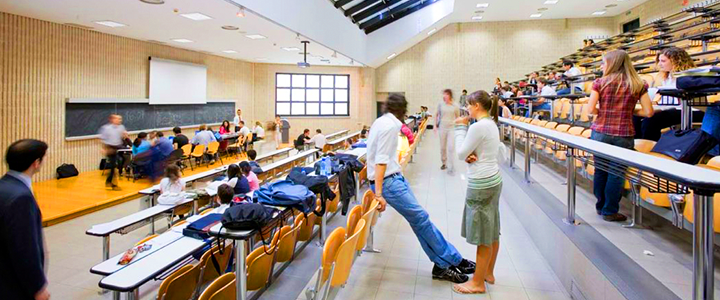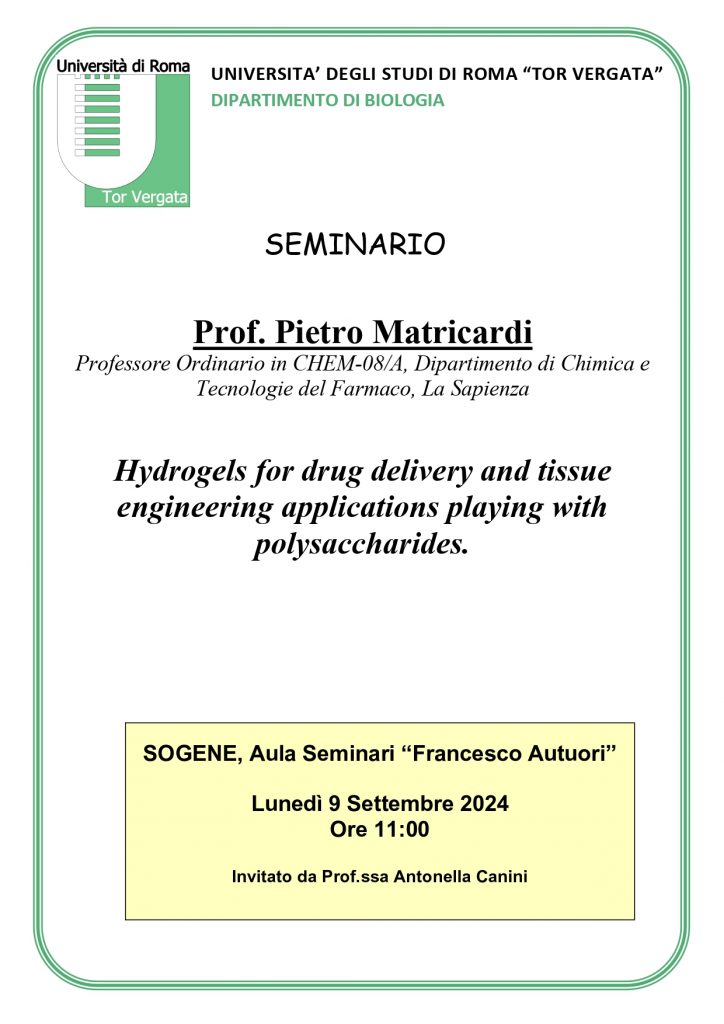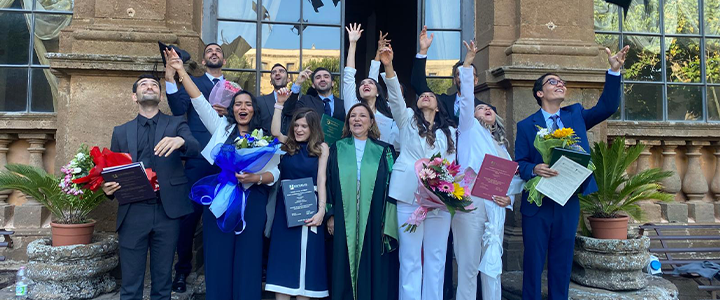Siamo continuamente esposti a una serie di fattori biologici, chimici, fisici, ma anche psicologici, relazionali e socio-economici, con cui dobbiamo confrontarci nel quotidiano. Fattori ambientali come l’inquinamento atmosferico, le origini genetiche e lo status socio-economico contribuiscono in modo significativo alle malattie metaboliche, cardiovascolari e neurodegenerative, all’infertilità e al cancro. Anche il microbiota intestinale, fortemente influenzato dalla dieta, svolge un ruolo cruciale. Metodi avanzati misurano i contaminanti, ma spesso trascurano il rischio cumulativo di più sostanze chimiche. Un approccio One Health che consideri la salute umana, animale e ambientale è essenziale per prevenire e gestire efficacemente le malattie croniche non trasmissibili.
Questo, in sintesi, l’abstract dello studio pubblicato sulla copertina dello special issue della rivista internazionale Diseases del lavoro di un team di ricercatori italiani coordinato da Antonino De Lorenzo, ordinario e direttore del dipartimento di Biomedicina e prevenzione dell’università di Roma Tor Vergata e che vede come prima firma Laura Di Renzo, ordinaria di Scienze tecniche dietetiche applicate del medesimo dipartimento, che così commenta: “L’infiammazione persistente di basso grado è un fattore chiave nelle malattie croniche non trasmissibili (NCD) come obesità, disturbi cardiometabolici, cancro, malattie respiratorie, condizioni autoimmuni e depressione. Queste malattie sono influenzate dal fumo, da diete non sane, dall’inattività fisica e dall’abuso di alcol, tutti modellati da fattori genetici, ambientali e sociali. I modelli dietetici, in particolare gli alimenti ultra-processati, possono esacerbare l’infiammazione e alterare il microbiota intestinale. Lo studio pubblicato analizza il ruolo dell’esposoma (l’insieme dei fattori ambientali e degli agenti patogeni ai quali ciascun individuo è esposto nel corso della sua vita dalla nascita) nella prevenzione, nello sviluppo e nella progressione delle malattie non trasmissibili, concentrandosi sui fattori endogeni ed esogeni”.
“Gli inquinanti ambientali – prosegue – noti come interferenti endocrini, tra cui plastica e pesticidi, pongono rischi significativi per la salute interrompendo i sistemi ormonali, causando potenzialmente disturbi dello sviluppo, riproduttivi, metabolici e neurocomportamentali. Queste sostanze chimiche si accumulano nell’ambiente e nel corpo umano, influenzando la salute di generazioni in generazioni attraverso varie vie di esposizione. Gli inquinanti ambientali, in particolare gli interferenti endocrini, influiscono sulla fertilità maschile e aumentano il rischio di cancro ai testicoli, ma la dieta mediterranea, ricca di antiossidanti come i flavonoidi (ad esempio rutina, quercetina), potrebbe attenuare questi effetti combattendo lo stress“.
Gli ambienti urbani contribuiscono in modo significativo all’inquinamento atmosferico, esacerbando le malattie non trasmissibili come le malattie cardiovascolari e il diabete. “Le strategie di mitigazione – sottolinea Di Renzo – includono riforme della pianificazione urbana, barriere antirumore e riduzione dell’esposizione sia al rumore dei trasporti che all’inquinamento luminoso per alleviare i rischi per la salute associati a livello globale. L’asma infantile, una condizione cronica diffusa, deriva da interazioni complesse tra fattori genetici, epigenetici e ambientali, tra cui esposizioni prenatali e nella prima infanzia come fumo di tabacco, inquinanti atmosferici e modelli alimentari. Esiste un potenziale ruolo protettivo del consumo materno di alimenti specifici (ad esempio, verdure verdi cotte), dell’assunzione di acidi grassi omega-3 durante la gravidanza e dell’aderenza alla già citata Dieta Mediterranea”.
L’obesità, una crisi globale esacerbata dall’inquinamento atmosferico, in particolare dal particolato PM 2.5, ha un impatto diverso sulla salute tra i sessi a causa di disturbi endocrini e interazioni con gli ormoni sessuali. “Comprendere queste disparità e i loro meccanismi sottostanti – conclude – è fondamentale per strategie di prevenzione mirate volte a mitigare i rischi di obesità associati a fattori ambientali”.
Questi sono solo alcuni degli esempi riportati nello studio che ci premettono di comprendere come solo conoscendo i determinati delle malattie, intesi come tutti i componenti dell’esposoma, sia possibile pianificare interventi di prevenzione e terapie mirate di precisione.






